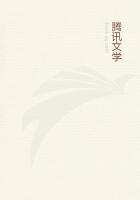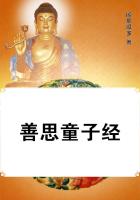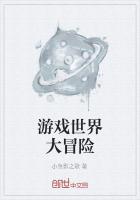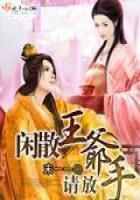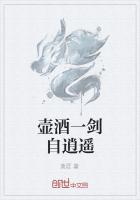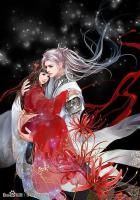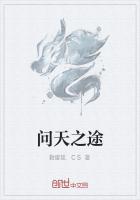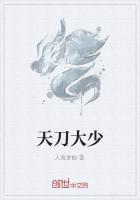In this connection I must differ strongly with Professor Raleigh upon what is, from a superficial literary point of view, one of his most effective points. He compares Whistler's laughter to the laughter of another man who was a great man as well as a great artist.
"His attitude to the public was exactly the attitude taken up by Robert Browning, who suffered as long a period of neglect and mistake, in those lines of `The Ring and the Book'--"`Well, British Public, ye who like me not, (God love you!) and will have your proper laugh At the dark question; laugh it! I'd laugh first.'
"Mr. Whistler," adds Professor Raleigh, "always laughed first."The truth is, I believe, that Whistler never laughed at all.
There was no laughter in his nature; because there was no thoughtlessness and self-abandonment, no humility. I cannot understand anybody reading "The Gentle Art of Making Enemies" and thinking that there is any laughter in the wit. His wit is a torture to him.
He twists himself into arabesques of verbal felicity; he is full of a fierce carefulness; he is inspired with the complete seriousness of sincere malice. He hurts himself to hurt his opponent.
Browning did laugh, because Browning did not care; Browning did not care, because Browning was a great man. And when Browning said in brackets to the simple, sensible people who did not like his books, "God love you!" he was not sneering in the least.
He was laughing--that is to say, he meant exactly what he said.
There are three distinct classes of great satirists who are also great men--that is to say, three classes of men who can laugh at something without losing their souls. The satirist of the first type is the man who, first of all enjoys himself, and then enjoys his enemies.
In this sense he loves his enemy, and by a kind of exaggeration of Christianity he loves his enemy the more the more he becomes an enemy.
He has a sort of overwhelming and aggressive happiness in his assertion of anger; his curse is as human as a benediction.
Of this type of satire the great example is Rabelais. This is the first typical example of satire, the satire which is voluble, which is violent, which is indecent, but which is not malicious.
The satire of Whistler was not this. He was never in any of his controversies simply happy; the proof of it is that he never talked absolute nonsense. There is a second type of mind which produces satire with the quality of greatness. That is embodied in the satirist whose passions are released and let go by some intolerable sense of wrong.
He is maddened by the sense of men being maddened; his tongue becomes an unruly member, and testifies against all mankind.
Such a man was Swift, in whom the saeva indignatio was a bitterness to others, because it was a bitterness to himself. Such a satirist Whistler was not. He did not laugh because he was happy, like Rabelais.
But neither did he laugh because he was unhappy, like Swift.
The third type of great satire is that in which he satirist is enabled to rise superior to his victim in the only serious sense which superiority can bear, in that of pitying the sinner and respecting the man even while he satirises both. Such an achievement can be found in a thing like Pope's "Atticus" a poem in which the satirist feels that he is satirising the weaknesses which belong specially to literary genius. Consequently he takes a pleasure in pointing out his enemy's strength before he points out his weakness.
That is, perhaps, the highest and most honourable form of satire.
That is not the satire of Whistler. He is not full of a great sorrow for the wrong done to human nature; for him the wrong is altogether done to himself.
He was not a great personality, because he thought so much about himself. And the case is stronger even than that.
He was sometimes not even a great artist, because he thought so much about art. Any man with a vital knowledge of the human psychology ought to have the most profound suspicion of anybody who claims to be an artist, and talks a great deal about art.
Art is a right and human thing, like walking or saying one's prayers;but the moment it begins to be talked about very solemnly, a man may be fairly certain that the thing has come into a congestion and a kind of difficulty.
The artistic temperament is a disease that afflicts amateurs.
It is a disease which arises from men not having sufficient power of expression to utter and get rid of the element of art in their being.

